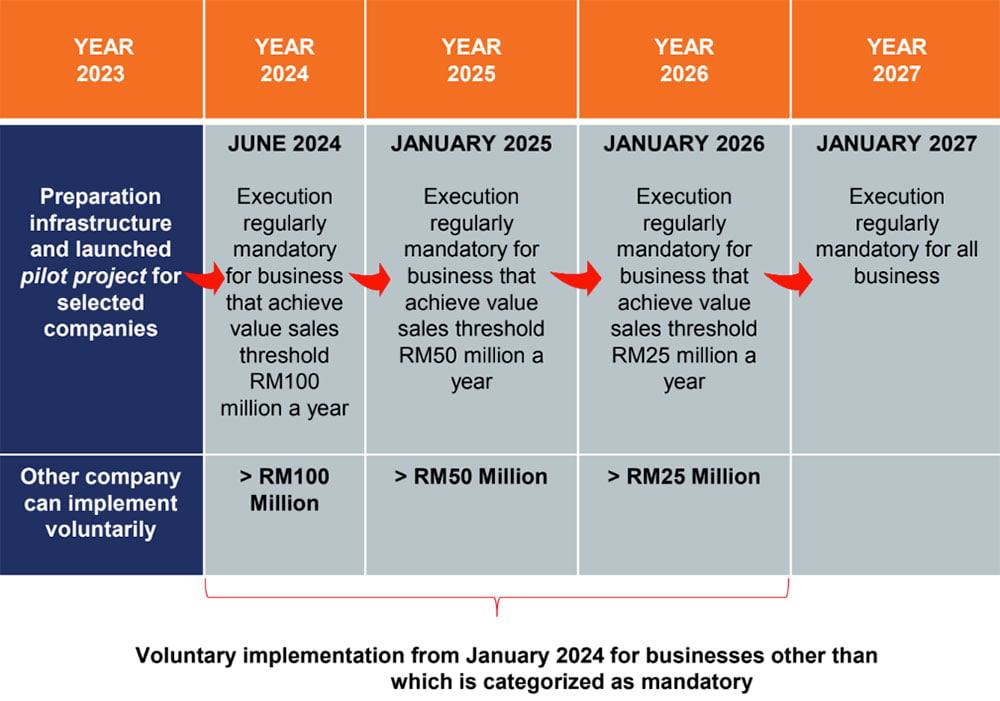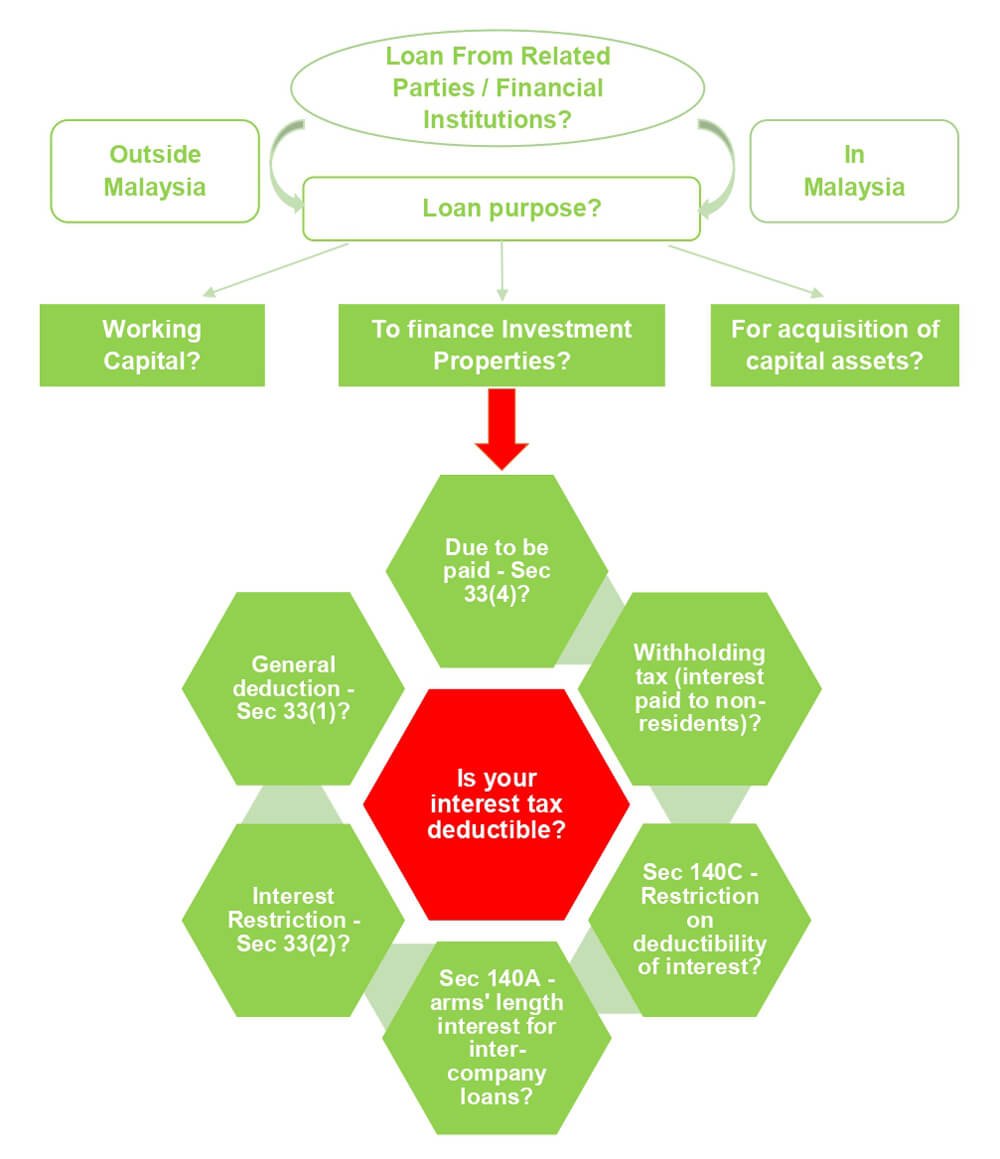Employers Responsibility under the Income Tax Act
Key Takeaway
- To inform IRBM any new employee within 30 days.
- To inform IRBM the cessation/retirement/death of an employee.
- To inform IRBM within 30 days before the date of employee intending to leave Malaysia.
Notification of Commencement / Cessation of Employment of an Employee
Pursuant to Section 83 of the Income Tax Act 1967 (ITA 1967), we
wish to remind all employers of their responsibility to inform the
Inland Revenue Board of Malaysia (IRBM), via prescribed forms (as
below), on the following:
Table 1:
Employer’s
responsibilities
Subsection
Penalty/Fine
Form
To inform IRBM if
there is a new
employee.
Subsection
83(2) ITA
1967
Failure to notify will
result in the
employer being
charged under
paragraph 120(1)
(c) and / or
subsection 107(4)
To inform IRBM if there
are any
cessation/retirement/death
of an employee*
Subsection 83(3)
ITA 1967
Failure to notify will
result in the employer
being charged under
paragraph 120(1) (c)
and / or subsection
107(4)
CP22A (Private)
http://phl.hasil.gov.my/pdf/pdfborang/CP22A_Pin.1_2021.pdf
CP22B (Government) http://phl.hasil.gov.my/pdf/pdfborang/CP22B_Pin.1_2021.pdf
CP22B (Government) http://phl.hasil.gov.my/pdf/pdfborang/CP22B_Pin.1_2021.pdf
To inform to IRBM not
more than 30 days before
the date of an employee
intending to leave
Malaysia
Subsection 83(4)
ITA 1967
Failure to notify will
result in the
employer being
charged under
paragraph 120(1)
(c) and / or
subsection 107(4)
Please take note that while Section 83 of the ITA 1967 provides that the law applies in the situation where
the employer commences, or about to cease to employ an individual who is or is likely to be chargeable to
tax in respect of income in respect of gains or profits from the employment, the IRBM has recently adopted
the practise of applying such requirements to ALL employees who have commenced employment, or cease
to be employed by the employer.
All applications should be made by the employer to IRBM by the following methods:
Failure to comply with the above may result in, upon conviction of an offence under Section 120 of the ITA 1967, the employers being liable to a fine of not less than RM200 and not more than RM20,000 or to imprisonment for a term not exceeding six months or to both.
All applications should be made by the employer to IRBM by the following methods:
- e-SPC at IRBM official website; or
- Form which can be downloaded from IRBM official website (please refer to TABLE 1 above).
Failure to comply with the above may result in, upon conviction of an offence under Section 120 of the ITA 1967, the employers being liable to a fine of not less than RM200 and not more than RM20,000 or to imprisonment for a term not exceeding six months or to both.
















